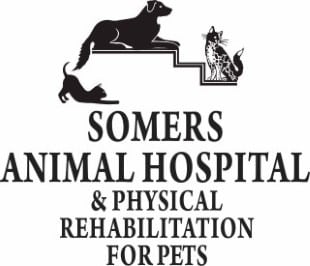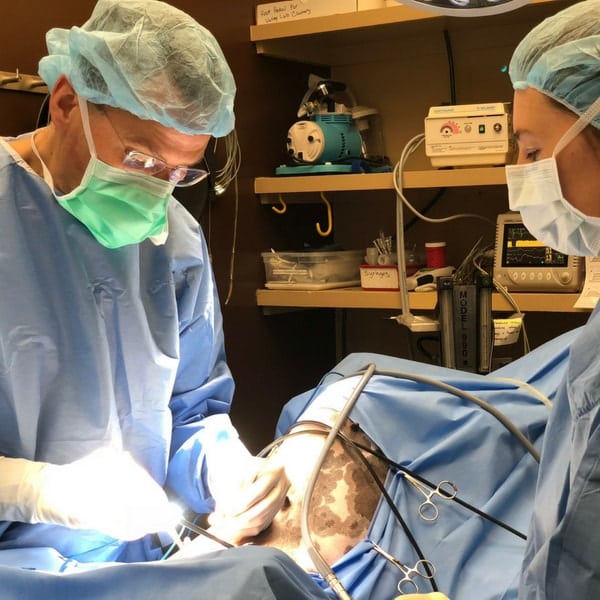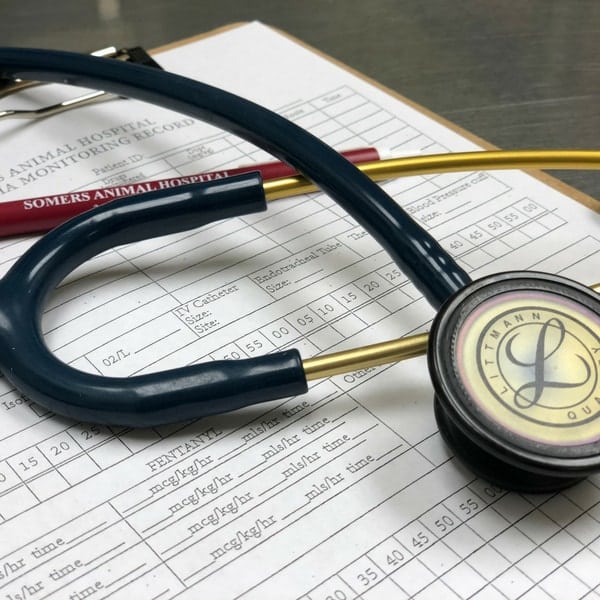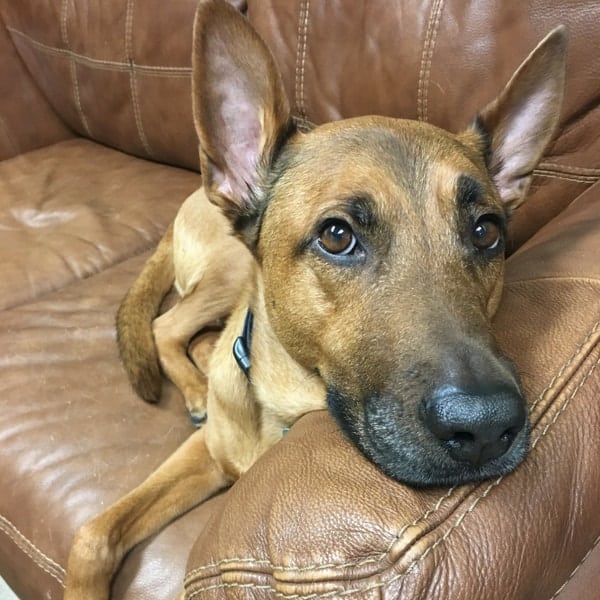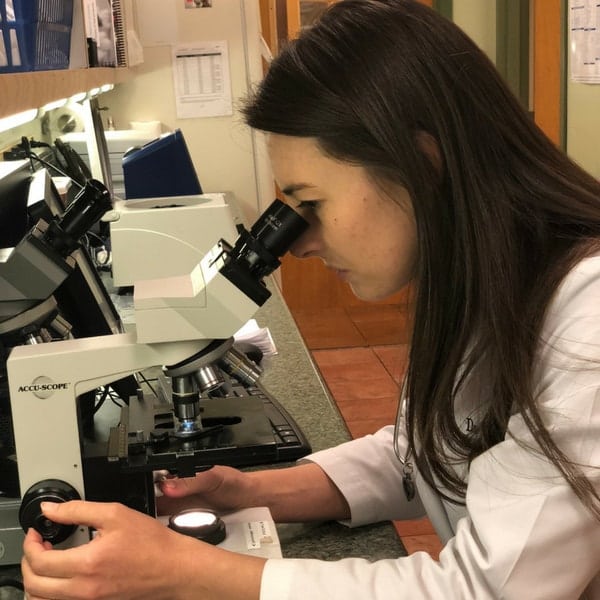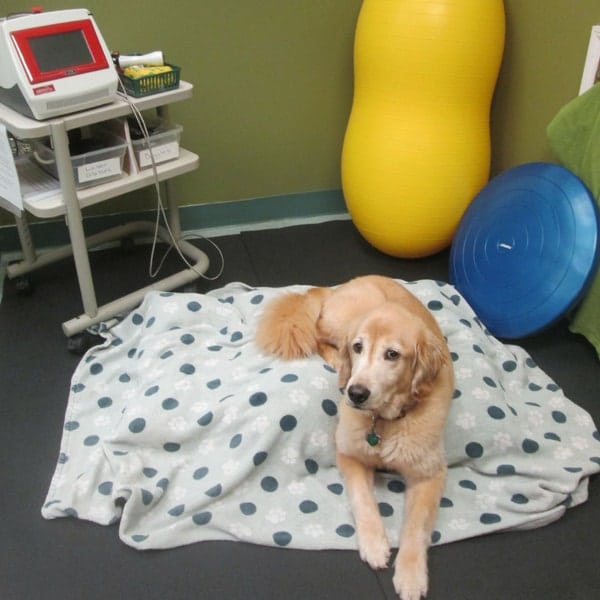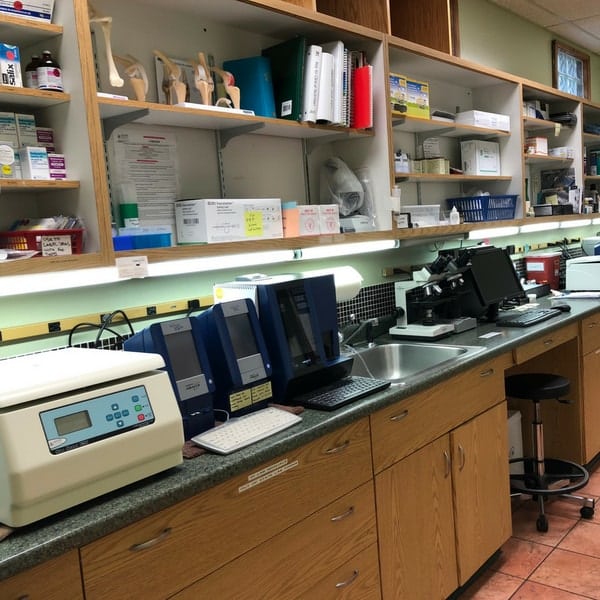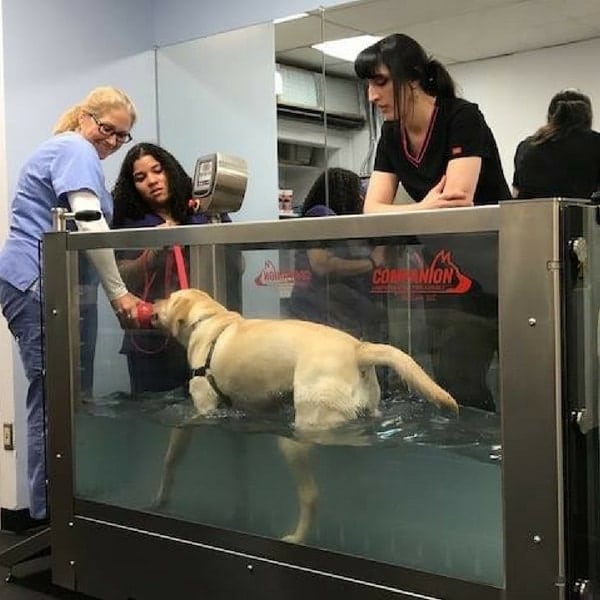Services
APPOINTMENTAcupuncture
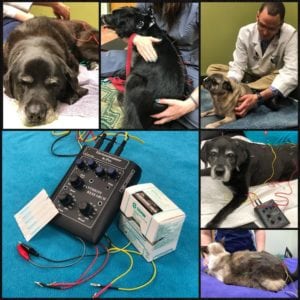
Arthroscopy
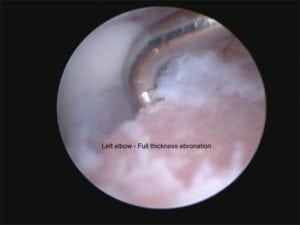
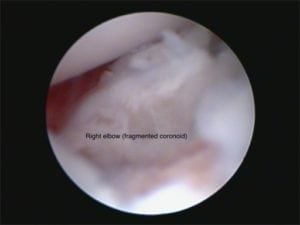
Computed Tomography (CT)
Computed tomography, or CT, uses X-ray technology like traditional radiography. The difference is CT provides a 360-degree 3-dimensional view, with a much higher level of detail compared to a traditional 2D radiograph or “X-ray”.
Dental Care
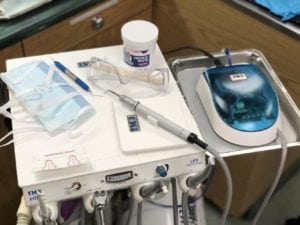
Endoscopy
A fiberoptic endoscope is a long, narrow tube with a tiny camera at the tip. An endoscope can be rigid or very flexible, depending on what procedure it is used for. It can also be sterilized so that it can safely be inserted into the body. Endoscopic equipment can have many uses in veterinary medicine. For example, with a patient under anesthesia, an endoscope can be inserted into the mouth (to examine the esophagus, stomach, and upper intestine), nose (to examine the trachea [windpipe] and main airways), or anus (to examine the colon and lower intestine). An endoscope can be inserted through a small incision into a body cavity to permit us to examine the surface of organs, such as the liver or kidneys, or to look inside a joint, such as the knee. We can even use an endoscope to remove small objects that dogs and cats sometimes swallow or to perform biopsies of internal organs.
Endoscopy provides us with a full-color, magnified view of the area of interest. Additionally, endoscopic procedures are usually non-invasive or minimally invasive. We strive to offer our patients the highest level of medicine, and we are glad to be able to offer endoscopy as one of our diagnostic procedures.
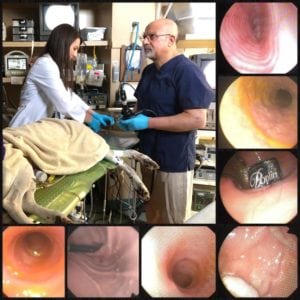
Laparascopy
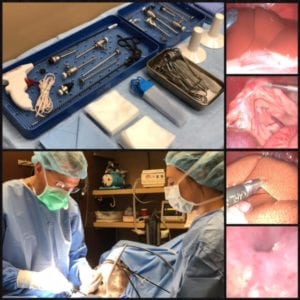
Pharmacy
Platelet Rich Plasma
Platelets are an amazing source of growth factors, which turn off inflammation and allow the body to heal. This treatment protocol is processed from the pets own blood. It can be used alone or in conjunction with stem cell therapy.
Puppy And Kitten Care
Your puppy or kitten visit will include a full “nose-to-tail” physical examination. We will look for any signs of illness and make sure that your new pet is in good health.
Do you have questions about nutrition, training, vaccinations, grooming, parasite protection, or overall health? What about tips for introducing your new pet to other pets and family members? Even if you are a very experienced pet owner and have had puppies or kittens before, each pet is unique and offers an opportunity to learn something new! We welcome your questions and look forward to addressing any concerns you may have. The more educated you are about your pet, the better you will be able to care for him or her, so we strive to offer you all the support you need.
Puppy and kitten wellness visits also present an opportunity to discuss your new pet’s recommended vaccine schedule and the best plan for parasite testing, treatment, and prevention. Our doctors and other staff members are well-educated about veterinary vaccines and parasite control, and our goal is to give you the best advice for your puppy or kitten. We will review your pet’s vaccine and deworming schedule and discuss the best way to continue, so don’t forget to bring any records that you have received.
We will work hard to help you understand your pet’s health considerations, and we encourage you to be involved in decisions regarding your puppy’s or kitten’s health care. Puppy and kitten visits are an excellent way to get your new pet started on the road to a happy and healthy life. Let’s take these important first steps together.
Please call today to schedule an appointment for us to meet your new pet!
Rhinoscopy
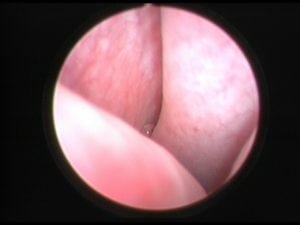
Stem Cell Therapy
Mesenchymal stem cells are rich in substances called cytokines which promote healing and reduce inflammation. During a brief surgical procedure, the patient’s own stem cells are harvested from fat cells. They are then processed and later injected back into the patient, most commonly into a joint or tendon.
Therapeutic Laser
Laser therapy is one of our most used physical rehabilitation modalities, suitable for wound care, arthritis management, acute injuries, post-surgical incision healing and treatment of dermatological issues, such as hot spots and lick granulomas.
Non-invasive and painless, treatments are well tolerated by patients.
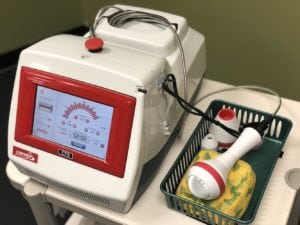
Underwater Treadmill
Benefits of hydrotherapy include a more rapid return to function after orthopedic surgery, arthritis and neurological deficit management and maintenance of mobility in aging patients.
Anesthesia
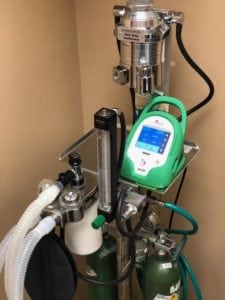
Behavioral Medicine
Pets can have a wide variety of behavioral issues, from simple housetraining problems to severe anxiety and aggression issues. We are well qualified and experienced in diagnosing and addressing behavior problems with an approach that combines skills from veterinary clinical medicine, behavioral medicine, and pet training. Our goals are to help pets and their owners live together comfortably and safely and to help restore the bond between pets and their families.
Dealing with behavior problems can be frustrating for pet owners. Some pet owners may even blame themselves because their pet seems to have an emotional issue. Although behavior problems can result from emotional trauma or physical mistreatment, in many cases the problem can arise from simple misunderstandings or learned associations that were inadvertently established during training. In addition, several medical conditions can manifest in ways that mimic behavior problems. Scheduling an evaluation with a professional skilled in diagnosing and managing behavioral issues in pets is the first step on the road to resolving the problem.
Cystoscopy
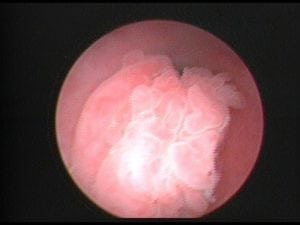
Electrical Nerve Stimulation
Nerve stimulation also helps to minimize muscle loss as a result of atrophy or injury by stimulating muscle contraction and maintaining nerve conduction pathways.
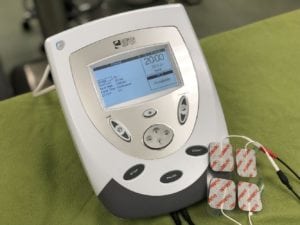
Laboratory
Our in-house laboratory allows for rapid analysis of routine blood, urine, feces and cytology samples. Blood sample diagnostics evaluates the types and levels of various cells and proteins within the circulation. These results are instrumental in assessing organ function, response to medications and the overall health of your pet. Similarly, urine samples provided key insight into kidney function, possible infections, and progression of chronic conditions such as diabetes or high blood pressure. Fecal results can be screened in-house for signs of parasites or bacterial growth.
Our hospital is also equipped to perform basic in-house cytology, reviewed by our veterinarians.
For more specialized tests, we utilize various trusted external veterinary reference laboratories, ensuring that your pet receives a detailed diagnosis.
Pain Management
Our approach to pain management involves anticipating potentially painful procedures and taking steps to manage pain from the outset as well as continuing to manage pain throughout your pet’s treatment and recovery process. Did you know that various types of pain can look different in animals? For example, a dog with chronic arthritis may exhibit very subtle signs of pain that can go unnoticed unless you know what to look for. Fortunately, our staff of compassionate, caring professionals is skilled in recognizing signs of pain in animals and developing an individualized plan for managing pain in our patients.
From routine procedures such as ovariectomies or dental cleanings to more advanced medical treatments such as orthopaedic surgeries or cancer patients to chronically painful conditions such as arthritis or back pain, we are dedicated to providing safe and effective pain management to every patient. We will also help you recognize signs of pain in your pet so that we can modify his or her pain management plan when necessary.
Recognizing and alleviating pain in our patients is at the very heart of quality, compassionate patient care. We don’t take pain management for granted and will employ all our skills to help ensure your pet’s comfort, well-being, and full recovery.
Physical Rehabilitation
Pulsed Electromagnetic Field Therapy (PEMFT)
Radiology (X-Rays)
Our on-site, modern digital radiography equipment provides high-quality radiographs to aid in the diagnosis of many disorders and allows us to easily consult with a board certified radiologist via telemedicine. We are certified in PennHip which allows for the early detection of hip dysplasia.
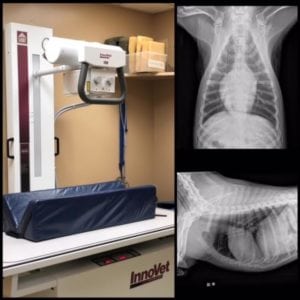
Senior Care
Regular wellness visits are important for every stage of your pet’s life. The best way to help protect your pet as he or she ages is to understand the aging process in pets. We understand that process and can help you help your pet. Even if your senior pet is already being treated for a medical condition, treatment recommendations can change as a condition progresses. Sometimes medication dosages need to be adjusted, or medication may need to be changed. Routine wellness blood work and other routine diagnostic testing are important for senior pets because these tests allow us to evaluate how your pet’s health is either responding to current management strategies or changing with age.
Your pet’s wellness examination is also your chance to have us address any of your questions or concerns about your pet. We welcome your questions and encourage you to be involved in decisions regarding your pet’s health care.
Older pets make wonderful companions, and thanks to advances in veterinary medicine, pets are living longer than ever! You are an important ally in your pet’s health care. We are here to help ensure that your pet is safe and happy throughout the “golden years.”
Surgery
Ultrasound
Ultrasonography is a type of diagnostic technique that uses ultrasound waves to produce an imaging study. This means that when we perform ultrasonography, we can see internal images of the patient’s body. Unlike some other imaging studies, like x-rays, ultrasonography does not use radiation. Instead, ultrasonography uses high-frequency sound (ultrasound) waves to create a picture of what is inside your pet’s body. Ultrasonography is a completely non-invasive, painless way to diagnose and evaluate many common diseases.
An ultrasound machine generates ultrasound waves. The machine is connected to a small probe that is held gently against your pet’s skin. The probe sends out painless ultrasound waves that bounce off of structures (for example, organs) in your pet’s body and return to a sensor inside the ultrasound machine. The ultrasound equipment collects these reflected “echoes” and uses them to generate images that are viewable on a screen. Ultrasound waves can generate excellent images of abdominal organs, including the liver, spleen, gallbladder, and kidneys. It is also useful for assessing fetal health and monitoring pregnancy in breeding animals, and it can help us diagnose and stage (determine the severity of) some forms of cancer.
Because ultrasound images are produced in real time, this technology can be used to evaluate the heart as it beats. This can help us detect abnormalities in the motion of heart valves, blood flow through the heart, and contractions of the heart muscle. It can also be used to assess the heart for defects. As we strive to provide our patients with the highest quality medicine and diagnostic testing, we are pleased to offer ultrasound as one of our diagnostic capabilities.
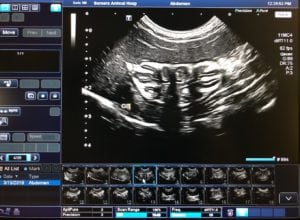
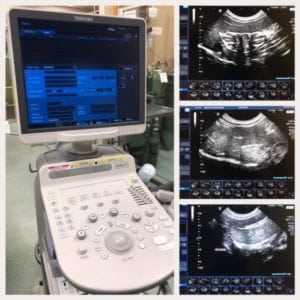
Vaccinations
Alternatively, we can periodically perform vaccine titers (blood tests) to assess your pet’s immune status and need for vaccine boosters. Many viral vaccines confer immunity for longer than 3 years. Bacterial vaccines such as bordetella (kennel cough ) and leptospirosis do not stimulate long-term immunity and need to be boostered every year. We will discuss your pet’s risk for these diseases and the need for vaccination.
Address
Hours
Sat: 8:30am - 12:00pm
Sun: Closed
IN CASE OF EMERGENCY after hours, please call 914-277-3686.
